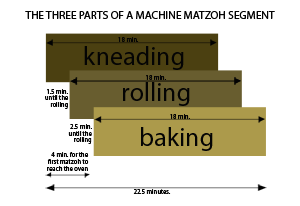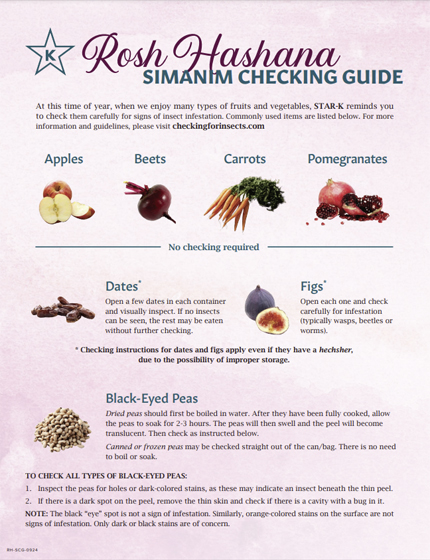Reviewed January 2024
In addition to pharmaceutical companies, Rav Gershon Bess also contacts many cosmetic companies and bases the following chometz-free list on his research. L’Halacha, all non-food items not fit for canine consumption – nifsal mei’achilas kelev (i.e., something that one would not feed his dog) – may be used on Pesach. This includes all cosmetics, soaps, ointments, and creams.1 Nonetheless, people have acted stringently with regard to these items.
Below are several reasons why people are strict:
Many products, including shaving lotion and perfume, contain denatured alcohol which can be restored to regular alcohol (see Igros Moshe O.C. 3:62). According to some opinions, one should not use such products if chometz-based. (Sefer Kovetz Halachos Pesach Chapter 12, footnote 7 has a brief discussion regarding the different opinions). The STAR-K Pesach Guide lists products which do not use chometz-based alcohols.
The Biur Halacha (326:10 B’shaar) writes in the […]








 STAR-D
STAR-D STAR-S
STAR-S